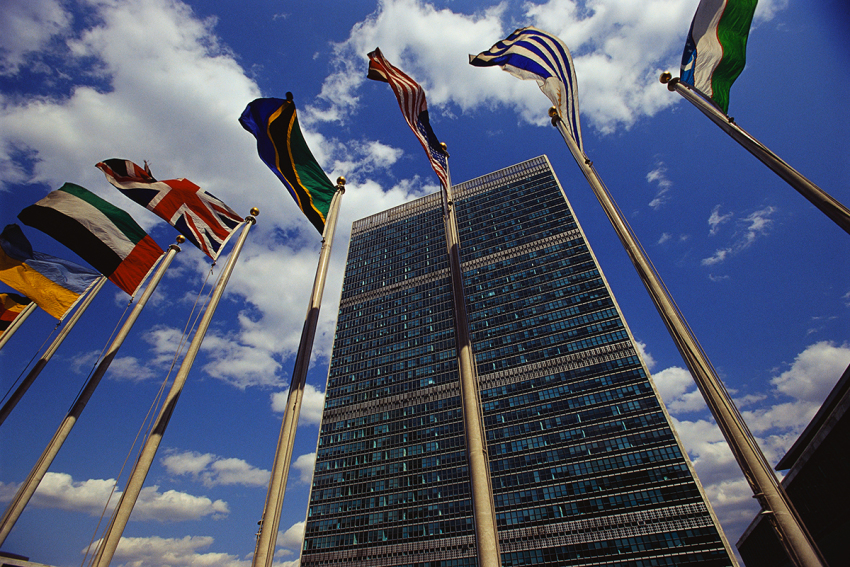5 times peace talks between Israel and Palestinians broke down

United Nations Partition Plan (1947)
Before the founding of the modern State of Israel, the United Nations approved a plan in 1947 to separate the British Mandate territory of Palestine into Jewish and Arab states.
The League of Nations placed the United Kingdom in control of Palestine in July 1922, as the British had occupied it from the Ottoman Empire, which controlled it at the time. The League of Nations tasked the British with establishing a national home for the Jewish people, as mentioned in the 1917 Balfour Declaration.
Following World War II, Britain referred the issue to the U.N. in April 1947, according to Britannica. The U.N. formed the U.N. Special Committee on Palestine, comprised of 11 countries, to determine a solution. UNSCOP ultimately recommended the establishment of separate Arab and Jewish states, to be joined by an economic union, while Jerusalem was to be governed by a special international regime.
On Nov. 29, 1947, the U.N. General Assembly adopted a modified version of the UNSCOP majority report. The resolution passed with 33 votes for it, 13 against, 10 abstaining and one absent. While many Jewish leaders accepted the plan, Arab leadership rejected it, leading to the 1948 War.
Following the adoption of the resolution, military forces from seven Arab countries invaded and attempted to annihilate the Jewish state. Israel declared independence on May 14, 1948, and later, in 1949, Israel signed armistice agreements with Jordan, Syria, Lebanon and Egypt, which ended the war.
Samantha Kamman is a reporter for The Christian Post. She can be reached at: samantha.kamman@christianpost.com. Follow her on Twitter: @Samantha_Kamman



























